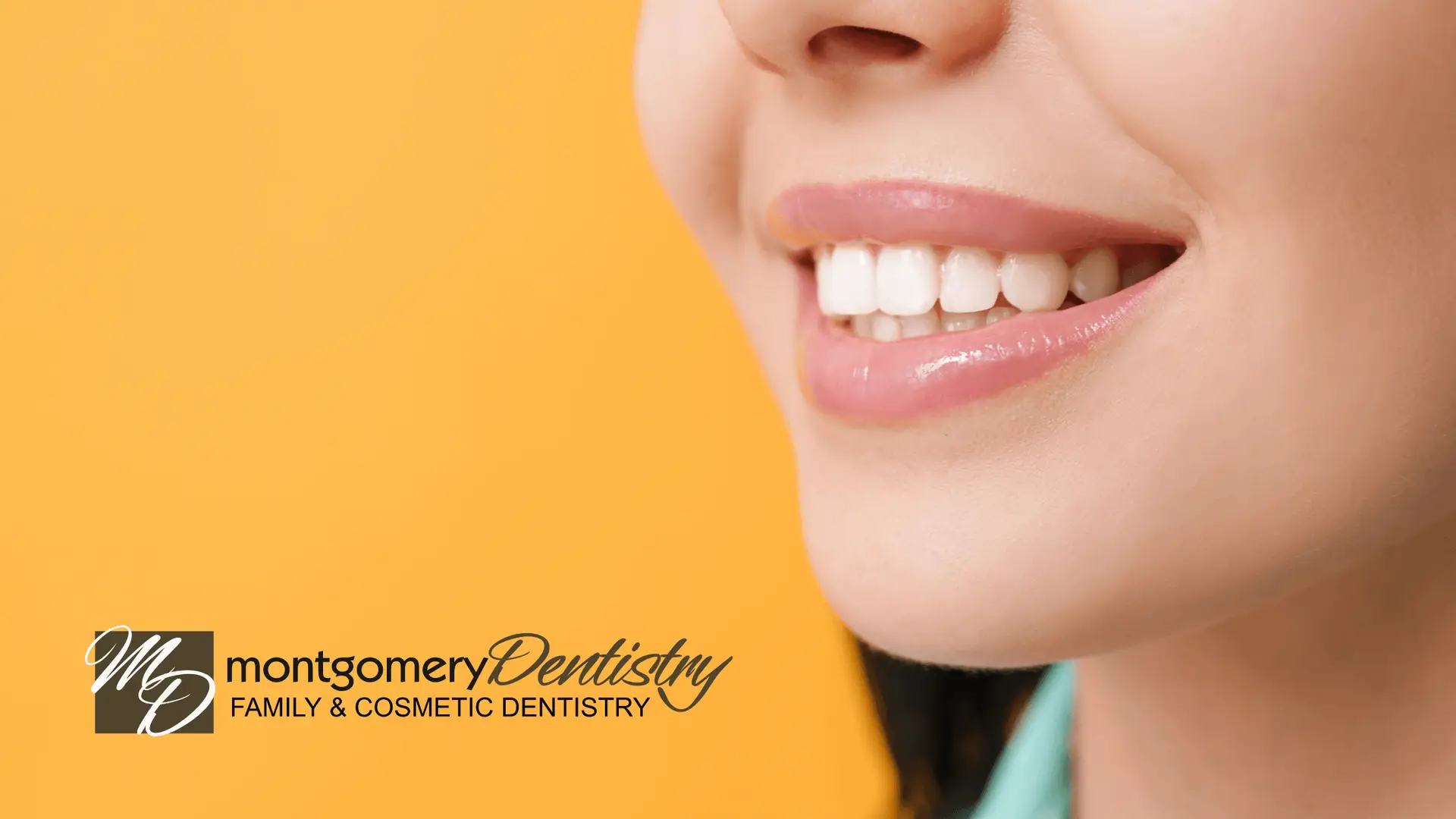Even if you’re a relatively healthy person who stays on top of their dental hygiene routine, there’s a good chance you’re going to run into a problem with your oral health at some point down the line. What should you do if you see a change in your oral health or detect an issue? What causes these problems? Here’s the second part of your quick guide to some of the most common oral health issues and how to address them.
Tooth Grinding (Bruxism)
Lots of people grind and clench their teeth in their sleep, but some people also do it throughout the day without even realizing it. Bruxism has been linked to stress and genetics, but it can also be related to other disorders such as sleep apnea or ADHD. Unfortunately, grinding your teeth at any time of day can cause them to chip, break, and wear down over time. Bruxism can also contribute to chronic jaw pain and headaches.
If you catch yourself clenching your teeth during the day or if you wake up with a sore jaw each morning, make sure to let your dentist know so they can help you address the issue. Your teeth and jaws will thank you! Common treatments for bruxism include splints and mouth guards. Since bruxism is often related to underlying non-dental health issues and disorders, it’s also a good idea to consult your primary care doctor and let them know what’s going on.
Oral Sores
Oral sores typically form on the soft tissues of the mouth. This includes the tongue, the insides of the cheeks, the gums, the floor and roof of the mouth, and the lips. There are several different types of oral sores, including:
- Canker Sores
- A canker sore is an ulcer that’s typically caused by trauma to the mouth or food allergies. These sores aren’t contagious and usually go away on their own within two weeks, but they can be treated with topical oral anesthetics and mouth rinses to speed up the healing and relieve symptoms. If you have recurring canker sores, make sure to let your dentist and doctor know. It could be a sign of an underlying problem like a vitamin deficiency or celiac disease.
- Cold Sores/ Fever Blisters
- Cold sores are small, painful blisters caused by the herpes simplex virus that show up on the lips and around the mouth. They’re highly contagious and are normally spread through the exchange of saliva. Cold sores are extremely common, and they typically heal on their own within two weeks outside of special circumstances. When dealing with a cold sore outbreak, the best course of action is to treat the symptoms with an over-the-counter cream and pain reliever. If you have recurring cold sores or if your outbreak doesn’t go away on its own, an antiviral prescription from your doctor or dentist may be in order.
- Thrush
- If you develop white lesions on your tongue and cheeks accompanied by irritation and redness, you may be dealing with an oral yeast infection known as “thrush.” This form of oral sore tends to most commonly affect breastfeeding infants, diabetics, and those with weak or compromised immune systems. Thrush can spread to the esophagus and other body parts and increase in severity, so it’s important that you see your dentist or doctor as soon as you notice symptoms. You’ll likely be prescribed an antifungal pill or mouth rinse to treat thrush.
Tooth Sensitivity
If you’ve noticed that hot and cold foods and drinks are causing one or more of your teeth to hurt, you likely have a tooth sensitivity problem. The most common cause of tooth sensitivity is the wearing down of your tooth enamel over time, but it can also be caused by exposed roots and tooth decay. Consuming highly acidic foods and drinking acidic drinks on a regular basis can contribute to tooth sensitivity as well due to enamel damage.
Depending on what’s causing your tooth sensitivity and how severe the pain is, your dentist may recommend a variety of treatments. Toothpaste designed for sensitive teeth is a common remedy, but your dentist may also suggest something more intensive like an in-office fluoride gel treatment.
Oral Cancer
53,000 new cases of oral cancer pop up around the United States each year (National Institute of Dental and Craniofacial Research). While it’s not extremely common, it’s still an oral health issue you need to be aware of. According to the Mayo Clinic, oral cancer develops when normal cells in the lips, tongue, and mouth mutate, causing their DNA to change. When these mutated cells accumulate, it often results in cancerous tumors that can spread to other body parts. Although it’s hard to pinpoint exactly what causes oral cancer, the risk of developing it increases with factors like tobacco use, sun exposure, and human papillomavirus (HPV).
One of the best ways to catch oral cancer before it progresses is to keep up with regular visits to your dentist. Ideally, you should visit your dentist every six months for a routine cleaning and checkup. At these visits, your dentist will be able to assess your oral health and keep an eye out for signs of oral cancer.
If you’re experiencing one or more of these common oral health issues, give us a call here at Montgomery Dentistry! We’d be more than happy to answer your questions and come up with the best treatment plan for your unique needs. P.S. Don’t forget to read part one of our guide to common oral health issues!
About the Author
-

Dr. Jay L. Robertson
Dr. Jay Robertson joined our practice in July 2008. He is from Montgomery and is a graduate of Saint James School, Birmingham-Southern College, and the University of Alabama, Birmingham School of Dentistry. He is a member of the American Dental Association, the Alabama Dental Association and the Academy of General Dentistry.
Dr. Robertson and his wife Jennifer have four children, John Campbell, Julian, Lowe, and Ansley.
Dr. Robertson serves on the board of the Montgomery Quarterback Club and is a member of the First United Methodist Church of Montgomery. When not at work, Dr. Robertson enjoys all things sports, including Auburn, golf, and his children’s various sports.
